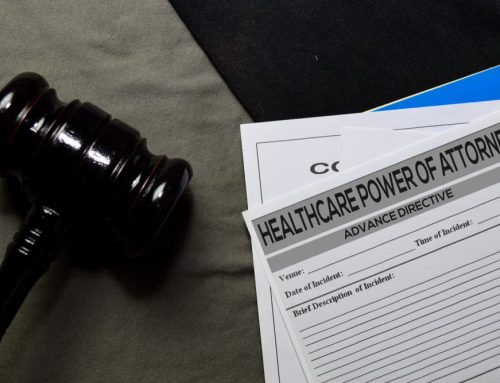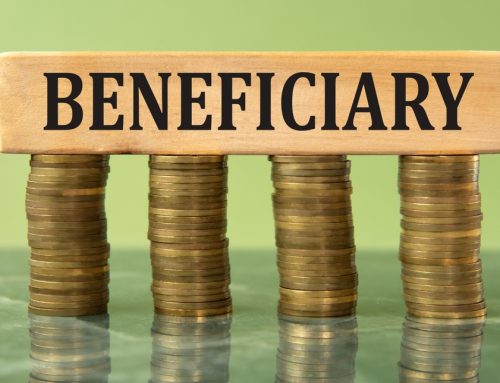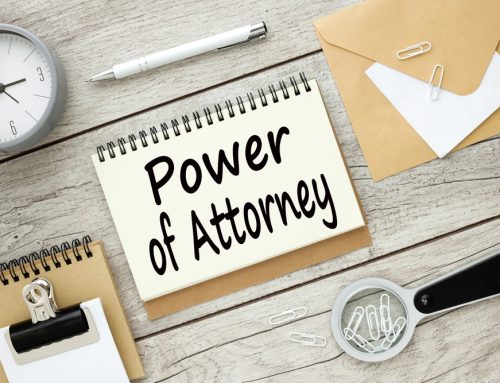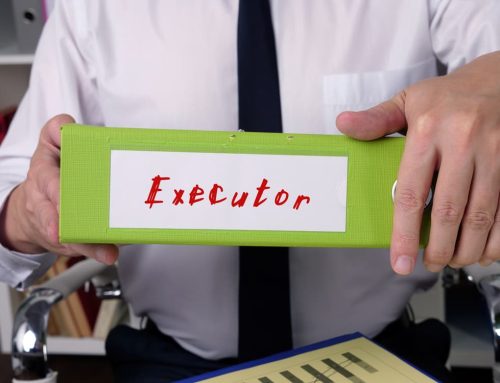What Happens When a Will Is Contested During Probate?
What Happens When a Will Is Contested During Probate?
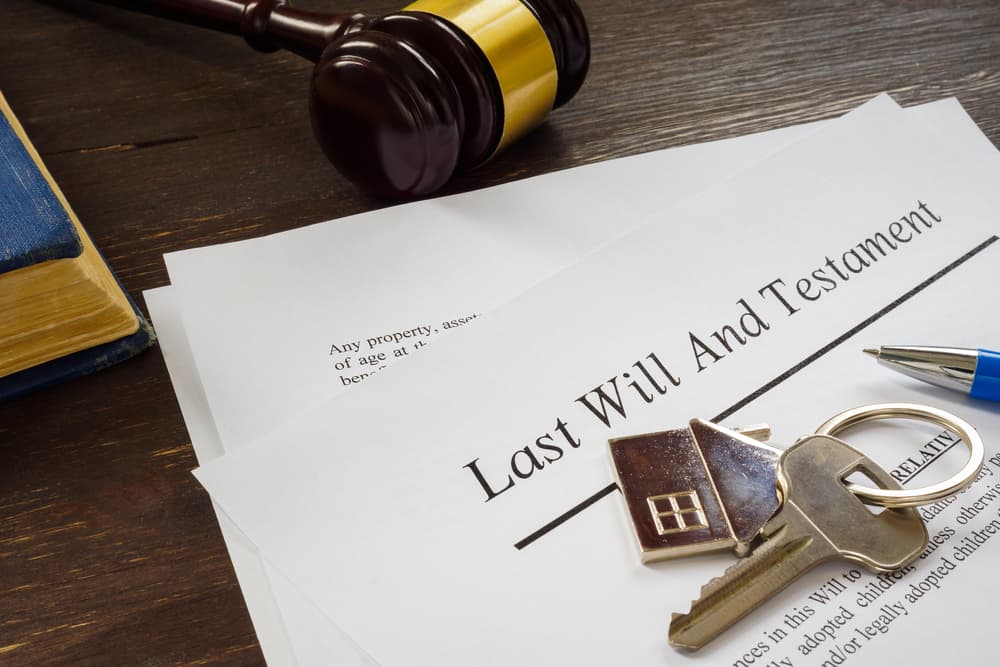
When a will is contested during probate it means someone has raised a legal objection to the validity of the deceased person’s last wishes. This can affect the distribution of assets, delay proceedings, and stir up significant family tension.
In places like Coral Gables, Coconut Grove, or Little Havana, families going through probate issues often deal with more than just legal procedures. Tensions may already run high, and when a will is contested, that friction can get worse.
If you’re involved in a contentious legal process, insights from experienced probate attorneys can help clarify your legal rights and options.
.
Grounds for Contesting a Will in Florida
Before a court even looks at evidence, it checks whether the person contesting the will has a valid legal reason to do so. In Florida, only a few arguments carry enough weight to convince a judge to invalidate a will—or parts of it.
Lack of Testamentary Capacity
Florida law requires that the person writing the will understood what they were doing at the time. That includes knowing they were making a will, understanding the nature and extent of their assets, and recognizing who would logically inherit those assets. A diagnosis of dementia, for example, doesn’t automatically mean someone lacked capacity—but it can raise doubts.
Undue Influence
If someone manipulated or pressured the deceased into signing a will that doesn’t reflect their true wishes, that’s undue influence. Courts in Miami often see these claims when a caretaker, new spouse, or estranged family member suddenly ends up with a large share of the estate, especially if the new will cuts out longtime beneficiaries.
Fraud or Forgery
In some cases, the issue goes beyond influence and into deception. A will might be contested if someone tricked the testator into signing it, or if the signature is forged. For example, if an elderly homeowner in Kendall signed what they thought was a deed but it turned out to be a will, that could support a fraud claim.
Improper Execution
Florida requires specific formalities for wills: they must be in writing, signed by the testator (or someone else at their direction), and witnessed by two people who also sign. A will signed without witnesses—say, at a notary’s office without anyone else present—is likely invalid under Florida law.
Revocation
Sometimes, the will being submitted to probate isn’t the most recent version. If a newer will exists and the older one was properly revoked, the court won’t enforce the outdated version. This happens more often than you’d expect, especially in areas like Brickell where people move frequently and update their estate plans.
The Will Contest Process
Once someone decides to challenge a will in Florida, the process shifts from routine probate into litigation. At that point, the court no longer just supervises the distribution of assets—it has to resolve a legal dispute about whether the will should even be enforced. That adds several steps and deadlines that everyone involved needs to follow.
Who Has Legal Standing to Contest a Will in Florida
Not everyone can walk into probate court and challenge a will. Florida law limits will contests to individuals or entities with a direct interest in the outcome. That usually includes:
- Beneficiaries named in the current will
- Beneficiaries named in a prior will
- Heirs at law (those who would inherit under Florida intestate succession laws if there were no will)
- Creditors with legitimate claims against the estate
For example, a disinherited child in Westchester who would’ve received half the estate if no will existed may have standing to contest a will that leaves everything to a new friend or caretaker.
However, someone who doesn’t stand to gain or lose anything—say, a distant relative not named in any version of the will and with no claim under intestate laws—won’t qualify.
Timing Requirements and Statute of Limitations
Timing matters. Florida sets strict deadlines for challenging a will:
- 90 Days: After the personal representative sends out the “Notice of Administration,” interested parties have 90 days to file a formal will contest.
- 20 Days: If someone received formal notice before the will is admitted to probate, they must file within 20 days of that notice.
Missing the deadline almost always ends the case before it begins. Even if the will contains serious issues, the court won’t review the claims if they come too late. That’s why people in neighborhoods like Allapattah or Flagami who believe a will is invalid should act quickly after receiving notice.
Initial Filing Requirements
To start the contest, the person must file a written objection or petition with the probate court. That document needs to outline:
- Their legal standing
- The grounds for challenging the will (such as undue influence or lack of capacity)
- Any supporting facts and evidence available at the time
This filing officially puts the court—and the other parties—on notice that the will is being challenged. From that point forward, the estate administration hits pause while the court addresses the dispute.
Role of the Probate Court
Florida probate judges take on the role of decision-maker during a will contest. The judge won’t just rubber-stamp the will or rely on surface-level evidence. Instead, the court will:
- Evaluate legal arguments
- Review medical records, financial documents, and witness testimony
- Determine whether the will meets Florida’s legal standards
- Rule on procedural motions and schedule hearings
In Miami-Dade, the probate court often sees contested matters that involve property across various neighborhoods—from family homes in Little Haiti to investment condos in Edgewater. These disputes sometimes also involve multiple wills, conflicting heirs, or competing personal representative claims.
Whether you’re trying to enforce a will or challenge one, the court expects strong evidence, timely filings, and clear legal arguments. Contesting a will turns the probate process into a courtroom dispute, and once that happens, the legal terrain looks very different from the typical estate administration.
What Happens After a Contest Is Filed
Once a will contest enters the system, everything shifts.
Temporary Freeze of Probate Proceedings
The probate process usually pauses while the court considers the challenge. That means assets don’t get distributed, and the estate’s normal administration is put on hold.
Appointment of Personal Representatives
If the court hasn’t appointed a personal representative yet, it might wait until the dispute is resolved. In some cases, the court appoints a neutral third party to avoid giving either side an advantage.
Discovery Process
Both sides exchange evidence and take depositions. That can include medical records, emails, witness statements, financial documents, and the testimony of those involved in the will’s creation.
Mediation Opportunities
Florida courts often encourage parties to try mediation before heading to trial. In places like Doral or Pinecrest, mediation may offer a chance for family members to reach a compromise without dragging each other through months—or years—of litigation.
Trial Procedures
If no agreement comes out of mediation, the case moves to trial. Both sides present evidence, question witnesses, and make legal arguments. The judge (not a jury) decides whether the will is valid.
Potential Outcomes of Will Contests
Not all will contests end the same way. The court’s decision depends on the facts, the strength of the legal arguments, and any agreements reached during the case.
Will Upheld in Its Entirety
If the court finds no legal problems with the will, the probate process resumes and the assets are distributed as written.
Partial Invalidation
Sometimes, only specific parts of the will are thrown out—like a suspicious clause leaving everything to a neighbor who helped write it. The rest of the will stands, and the invalid provision gets ignored.
Complete Invalidation
If the entire will fails—say, because it was forged or executed without witnesses—the estate passes under Florida’s intestate succession laws. That means assets go to heirs based on family relationships, regardless of what the will said.
Settlement Agreements
In many cases, family members or interested parties agree to a settlement that divides the estate differently than the will or intestate laws would. These deals must be approved by the court but often resolve disputes without a trial.
Impact on Distribution of Assets
Any of these outcomes can reshape who gets what. A valid will might leave everything to one person, but a successful contest could result in several heirs splitting the estate under different terms.
Impact on Probate Timeline and Costs
Contesting a will stretches out the process and increases the estate’s expenses.
Typical Delays
What might’ve taken 6–12 months without a contest can stretch into years. Disputes in areas like Aventura or Palmetto Bay often run longer because of multiple court appearances and complex evidence.
Added Legal Fees and Court Costs
Litigation comes with depositions, expert witnesses, motions, and trial prep—all of which cost money. Those expenses often come out of the estate before any distributions are made.
Effect on Beneficiaries
People named in the will—or entitled to inherit under Florida law—wait longer to receive anything. Some may never receive what they were expecting if the contest leads to a different outcome.
Preventative Measures for Testators
Preventing disputes starts well before probate ever begins.
No-Contest Clauses
These clauses try to discourage challenges by penalizing beneficiaries who file them. But Florida law doesn’t enforce them. Including one won’t stop a determined challenger.
Proper Will Execution
Following Florida’s formal requirements—two witnesses, signed in each other’s presence—helps avoid questions about validity.
Documenting Capacity
Medical evaluations, letters from doctors, or notes about conversations during the signing can serve as evidence if someone later claims the testator wasn’t of sound mind.
Videotaping Will Signings
Recording the signing of the will can show the testator understood what they were doing and was not under pressure.
While not a substitute for the statutory requirements of a valid will, videotaping the will signing can serve as valuable evidence to demonstrate the testator’s understanding and lack of undue influence. This can sometimes help prevent or resolve disputes by providing a visual record of the will’s execution.
Using Trusts and Other Estate Tools
Revocable living trusts and other tools can bypass probate entirely and reduce the chance of public disputes. In high-asset areas like Miami Beach or Key Biscayne, trust-based plans offer more control and privacy.
Steps for Personal Representatives and Beneficiaries
If you’re involved in a probate dispute—especially if you’re serving as personal representative—there’s a lot to handle.
Responding to a Will Contest
You’ll need to file legal responses, gather documents, and work with counsel to build the estate’s defense. The court expects timely action and complete transparency.
Gathering Evidence
Find emails, letters, or witnesses who interacted with the testator. These can help confirm their intentions and state of mind during the will’s creation.
Working with Legal Counsel
Legal representation ensures deadlines are met and the estate follows proper procedures. Probate disputes involve court rules, motions, and procedures that affect the outcome.
Managing Estate Assets
While the case proceeds, someone still has to protect the estate’s property. That includes managing real estate, paying bills, and ensuring nothing gets sold, lost, or wasted.
What Do People Often Ask About Contested Probate?
Are You Dealing With A Will Contested During Probate? Contact The Estate Plan for Experienced Legal Support
At The Estate Plan, we’ve worked with families across Miami dealing with will contests, estate disputes, and probate administration. Whether you’re in Coral Gables, Hialeah, or North Miami, our attorneys know how Florida probate courts approach these issues.
We don’t treat probate cases like a checklist. Families are dealing with real grief, real questions, and often real frustration. Our team focuses on resolving disputes, protecting your loved one’s wishes, and helping you move forward—whether that means defending a valid will or contesting one that doesn’t add up.
If you’re dealing with a contested will or probate dispute, don’t go it alone. Contact an experienced Miami estate planning and probate lawyers from The Estate Plan online or at (305) 735-2689 to discuss your rights and legal options.
Have questions about how to get started on your estate plan or estate needs?
Have questions about how to get started
on your estate plan or estate needs?
Contact the experienced estate planning professionals at The Estate Plan
by calling us at (305) 677-8489.
Contact the experienced estate planning professionals at The Estate Plan by calling us at
(305) 677-8489.











